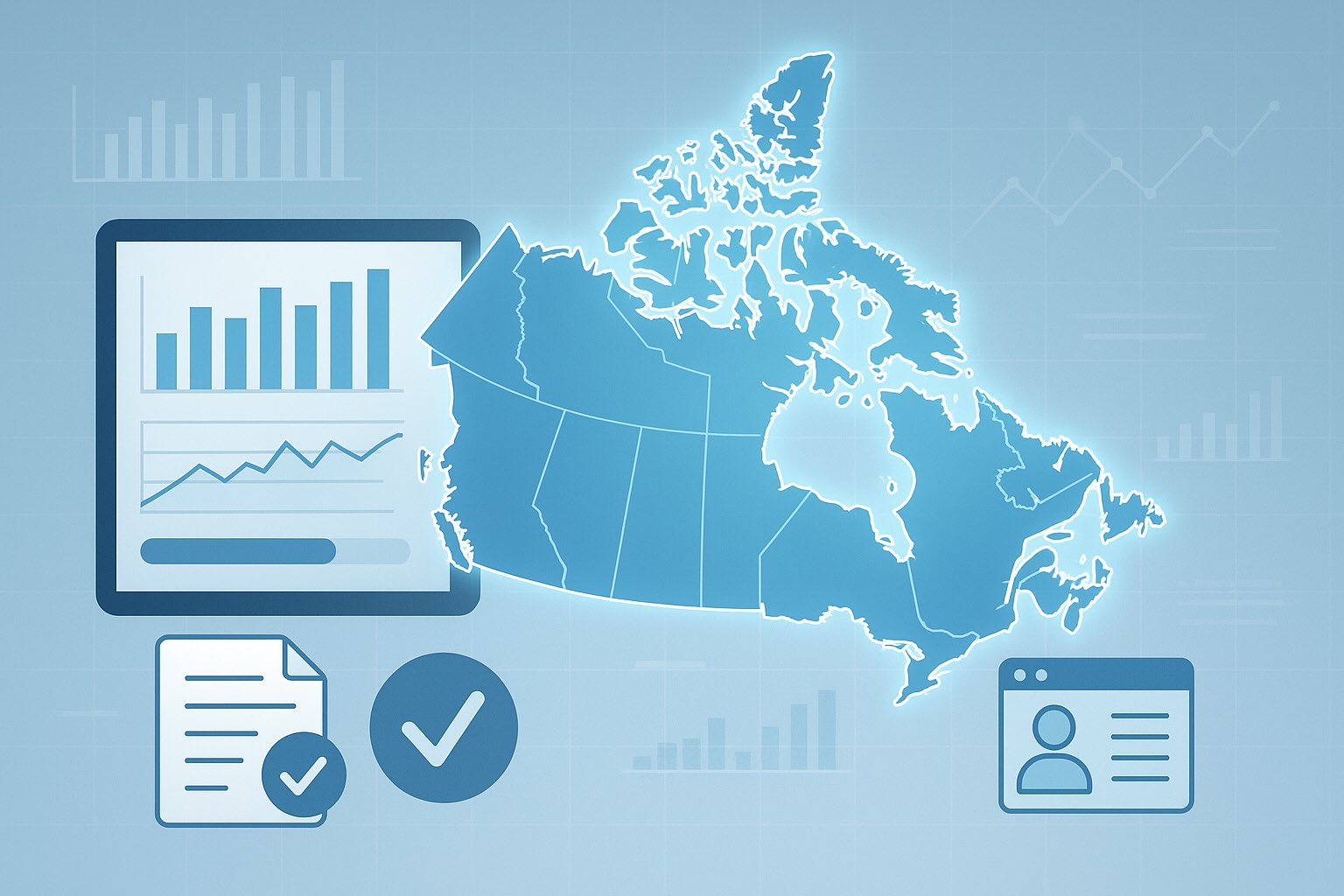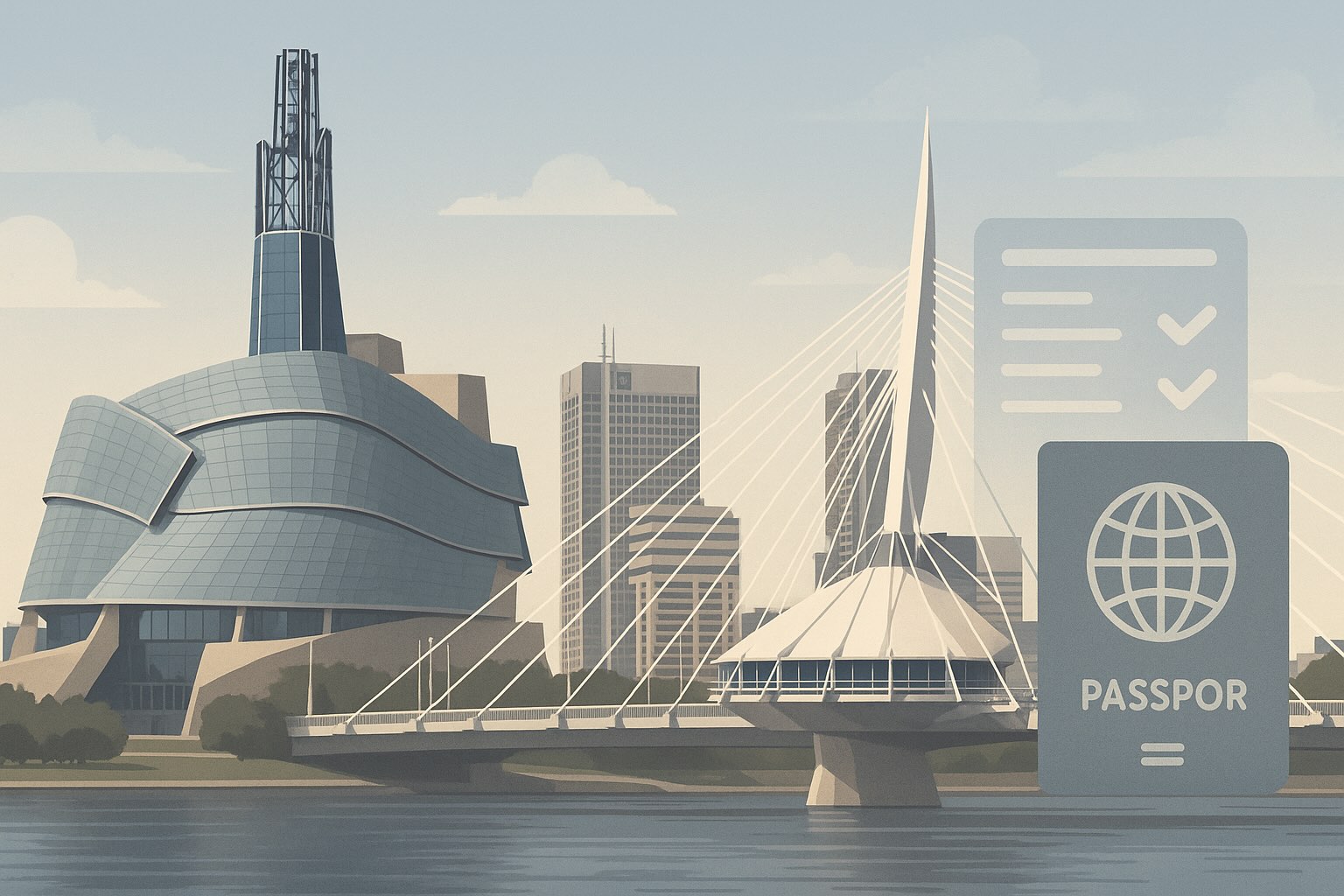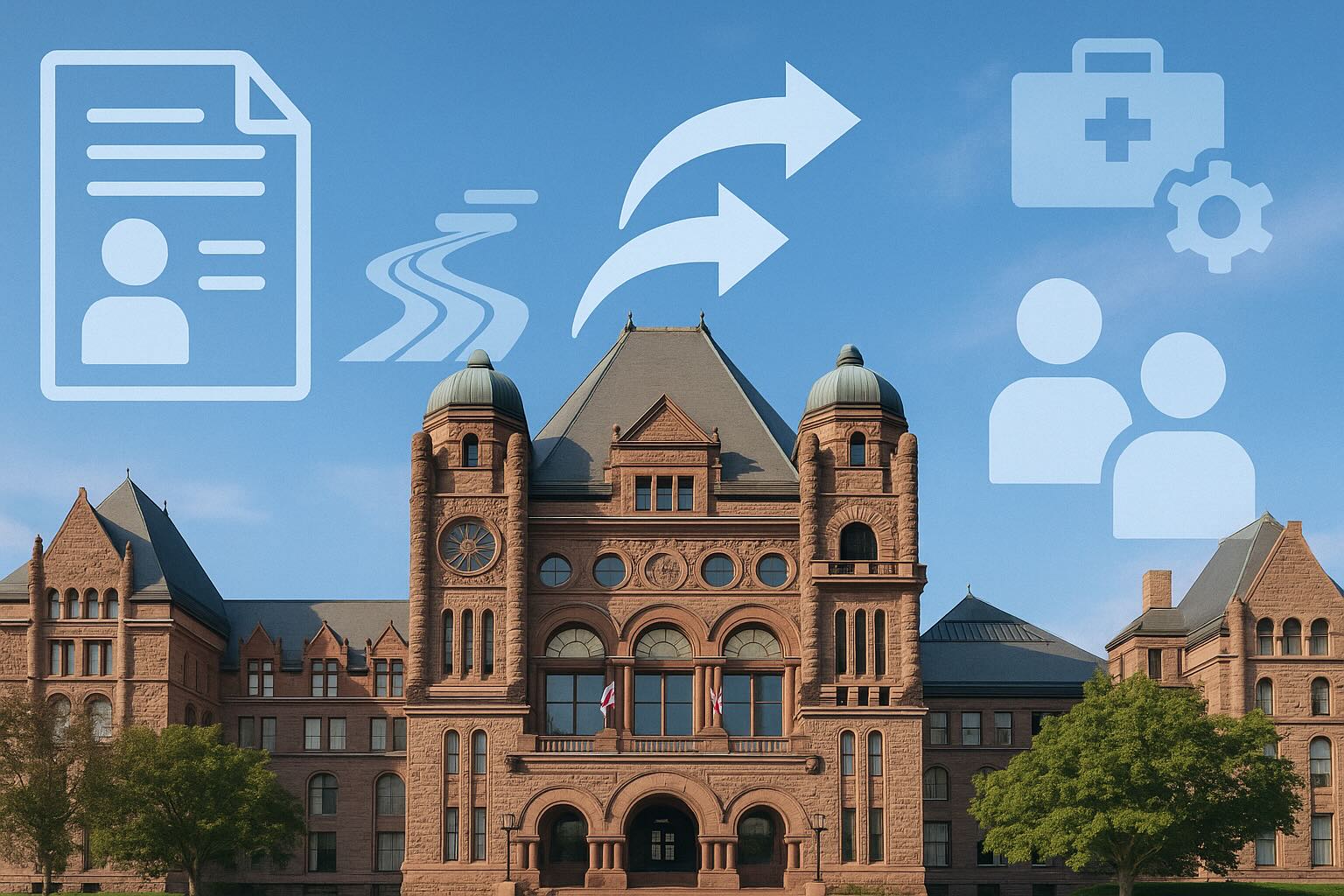Immigration, Refugees and Citizenship Canada (IRCC) delivered unexpected news to many international students with a major policy update posted on its official website on July 4, 2025. The department announced that the effective date for a policy removing certain study programs from the list of PGWP-eligible fields will be postponed from its original date of June 25, 2025, to "early 2026."
This last-minute adjustment means that graduates of programs that were set to become ineligible for the Post-Graduation Work Permit will still have the opportunity to obtain this valuable open work permit for the foreseeable future. IRCC also confirmed that students who submitted their study permit applications between June 25 (the original effective date) and July 4 (the date of the amendment) can still qualify for a PGWP based on the old eligibility criteria, even if their chosen program was on the removal list.
As a result of this positive change, the current list of PGWP-eligible instructional programs (CIP Codes) has grown substantially from 920 to 1,107, opening the door for more international students to gain Canadian work experience.
A Recap of the Late-June Policy Tightening
It is noteworthy that just recently, on June 25, IRCC had implemented a major overhaul of the PGWP-eligible programs list. That policy was intended to better align the fields of study of graduates with the needs of Canada's labor market.
The main changes from that update included:
- Adding 119 new Classification of Instructional Programs (CIP) codes to the PGWP eligibility list, notably including an entirely new set of programs in the "Education" field.
- Simultaneously removing 178 CIP codes from eligibility, which included the entire "Transport" category of programs.
The Classification of Instructional Programs (CIP) system is the standard used by the Canadian federal government to classify educational programs based on their curriculum, not their name. The June 25 policy change had stipulated that these adjustments would primarily apply to international students in non-degree programs (i.e., not leading to a bachelor's, master's, or doctoral degree) who applied for their study permit on or after November 1, 2024.
At that time, IRCC had included a "grandfather clause," ensuring that students who submitted their study permit application before June 25, 2025, would not be affected by the new rules, as long as their program was eligible at the time of their application. The latest update on July 4 further expands this protective scope.
Primary Group Affected by the Adjustments
It is crucial to highlight that this series of adjustments concerning field of study requirements primarily impacts graduates of non-degree programs at colleges.
According to IRCC regulations, graduates of university bachelor's, master's, and doctoral programs, as well as graduates of college bachelor's degree programs, are exempt from these "field of study" requirements. As long as they meet all other PGWP application criteria, they can apply for the work permit after graduation without worrying if their specific major is on a particular list.
The Core Value of the Post-Graduation Work Permit (PGWP)
The PGWP is an open work permit issued by the Canadian government to eligible international graduates. It allows the holder to work for nearly any employer in almost any industry in Canada without being tied to a specific job offer. Its validity can extend up to three years, depending on the length of the student's program of study. For international students aspiring to immigrate to Canada, the PGWP is a critical step for gaining the Canadian work experience needed to qualify for immigration programs, such as the Canadian Experience Class (CEC) under the Express Entry system.
General Eligibility Requirements for the PGWP
In addition to meeting field of study requirements where applicable, international students must meet the following general criteria to be eligible for a PGWP:
- Complete a program of study at a PGWP-eligible Designated Learning Institution (DLI) that was at least 8 months in duration (or 900 hours for programs in Quebec).
- Maintain full-time student status in Canada during each academic session of their study program (part-time study is permitted in the final semester).
- Submit their PGWP application within 180 days of receiving confirmation of program completion (such as a final transcript or official letter).
- Hold a valid study permit at some point during the 180-day period after graduation and before submitting the PGWP application.
- Meet the language proficiency requirements corresponding to their level of study.
The postponement of this policy undoubtedly provides greater certainty and planning space for international students who are currently enrolled in or planning to study these programs. It also demonstrates the flexibility within Canada's immigration policy-making process. This publication will continue to monitor further developments.









